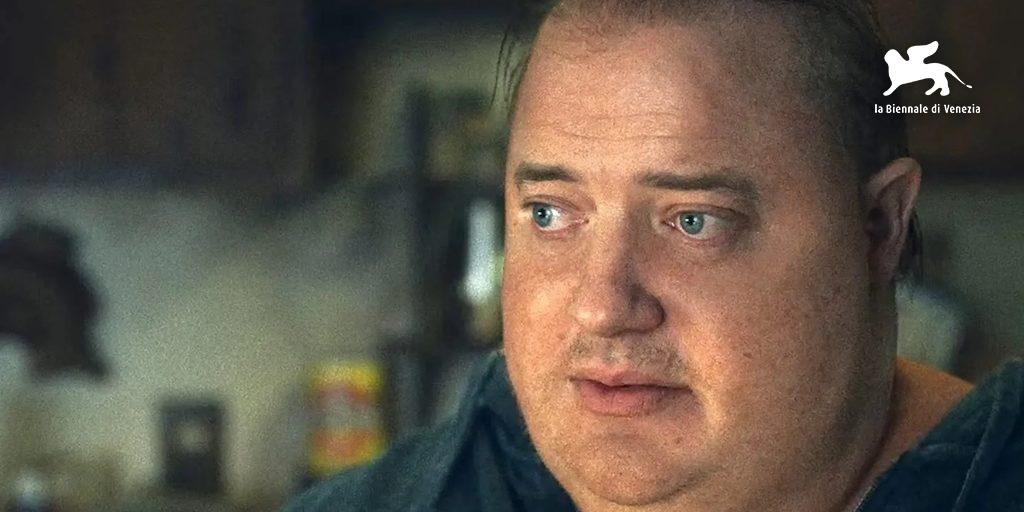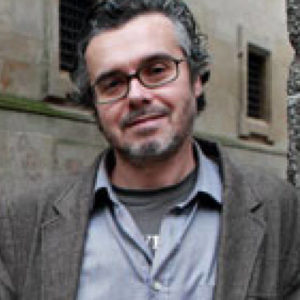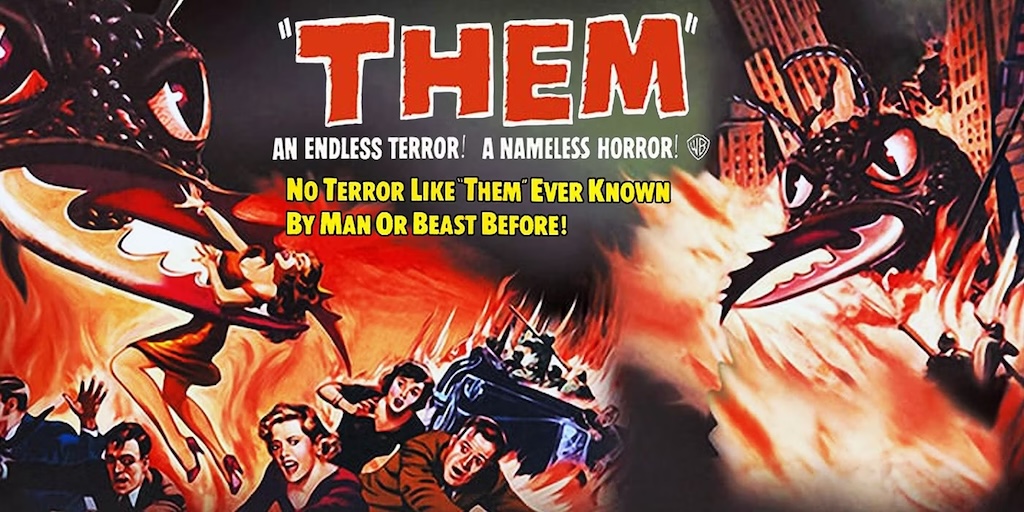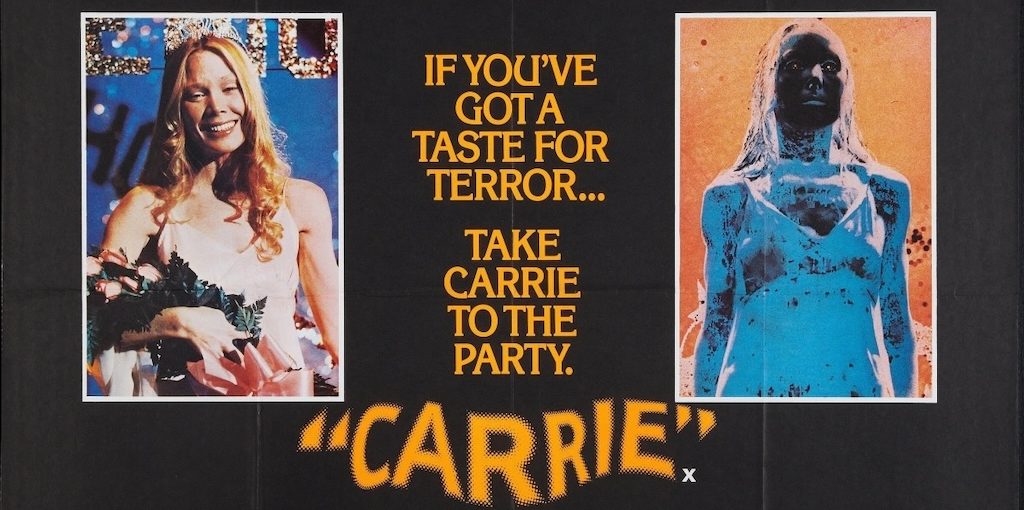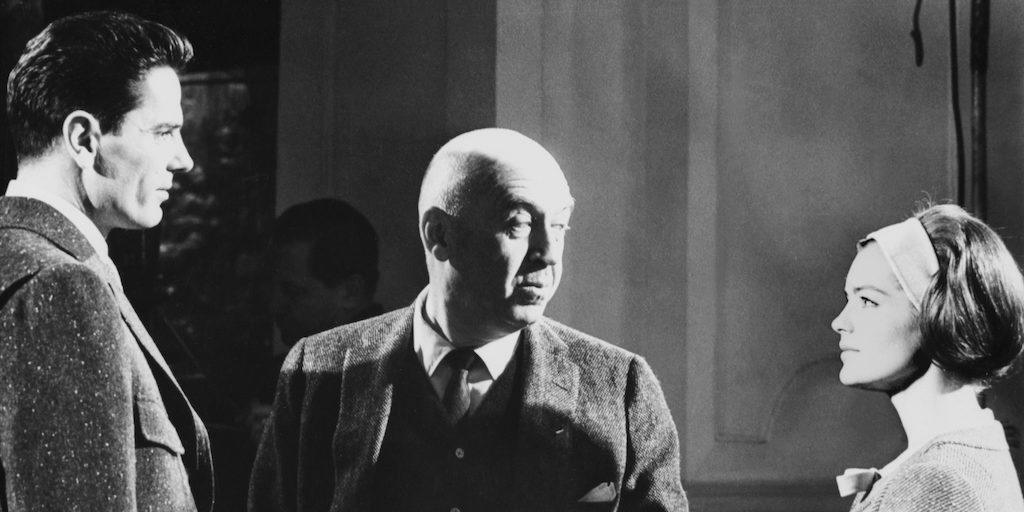For five years, Darren Aronofsky hadn’t manifested on film. I don’t know if the massacre Mother! suffered precisely at this Venice Film Festival in 2017, which had to endure boos so prevalent in its press screening that they seemed like the result of a conspiracy, has something to do with this dosage. We are also not sure if the limitations of the pandemic were decisive in the filmmaker’s choice of a play by Samuel H. Hunter from 2012 which was constrained to the single space of the living room of the house where Brendan Fraser is dying.
The truth is that the challenge of giving a cinematographic pulse to a dramatic text that has at its epicenter, without ever vacating the scene, a being without kinetic capacity, with those 270 kilos that do not allow him to become self-employed or barely vacate the sofa, seems like a risk operation which matches up to Aronofsky’s well-established taste for challenges.
In the almost two hour long footage of The Whale, based on a virtuous editing strategy, the theatrical structure survives as such. But it opens the floodgates to vivid cinema of tension and confinement. Of the stopped time so typical of the pandemic tendency. This is the setting of a process of self-redemption of the character embodied by a Brendan Fraser who was first put back on track by the visionary Steven Soderbergh in No Sudden Move. And now Aronofsky incorporates him fully into the Oscar race, a league in which the actor never competed in his years of glory and estrogen.
In that quest for atonement, the protagonist appears on screen for the first time while trying to masturbate while watching a hardcore gay movie. And after trying to make amends with his past (he abandoned his wife and daughter when he fell in love with one of his students in the night classroom), he will have to face that child who has become a teenager tempering with the rage of the righteous. And we will see this cetacean man in his struggle to reach eternity without being convinced on the route to that salvation by the young envoy of a millenarian religion, another of the characters who enter and disappear to the rhythm of vaudeville in this transit. A two-hour termini station in biological territory bordering the deadline. That time of very accompanied agony is, in any case, anything but a bel morir. Thus, we see Brendan Fraser devour pizzas with chicha or snacks of chips with various sauces. A way of committing suicide that a neurotic heroine of Tennessee Williams would not subscribe to – she would opt for pills or alcohol – but that is conveniently nearing the protagonist of The Whale to the Grim Reaper.
In between, there is Herman Melville. And, naturally, Moby Dick. We know that the protagonist reached this state of more than morbid obesity after the suicide of the man for whom he left his family. But we won’t know Captain Ahab’s identity until the oceanic Fraser’s voyage on his couch comes to an end.
Among Aronofsky’s filmography, the film with which the magnificent The Whale bears the most emotional ties is, without a doubt, The Wrestler. A Mickey Rourke who -paradoxically- got into the ring to try to stay in perpetual mobile mode, while Brendan Fraser is nobody without the wheelchair. But one and the other -perhaps also both actors, each in their own uniqueness- are toys broken by fate or by their self-destructive drift. Both works accompany their agonists with infinite tenderness in their final steps -we also see them take the blows- and in both films the deformation of the flesh and of what was striking beauty is the vault key of the loneliness of both whales. Slow, clumsy, stranded in a ring or on a couch.

